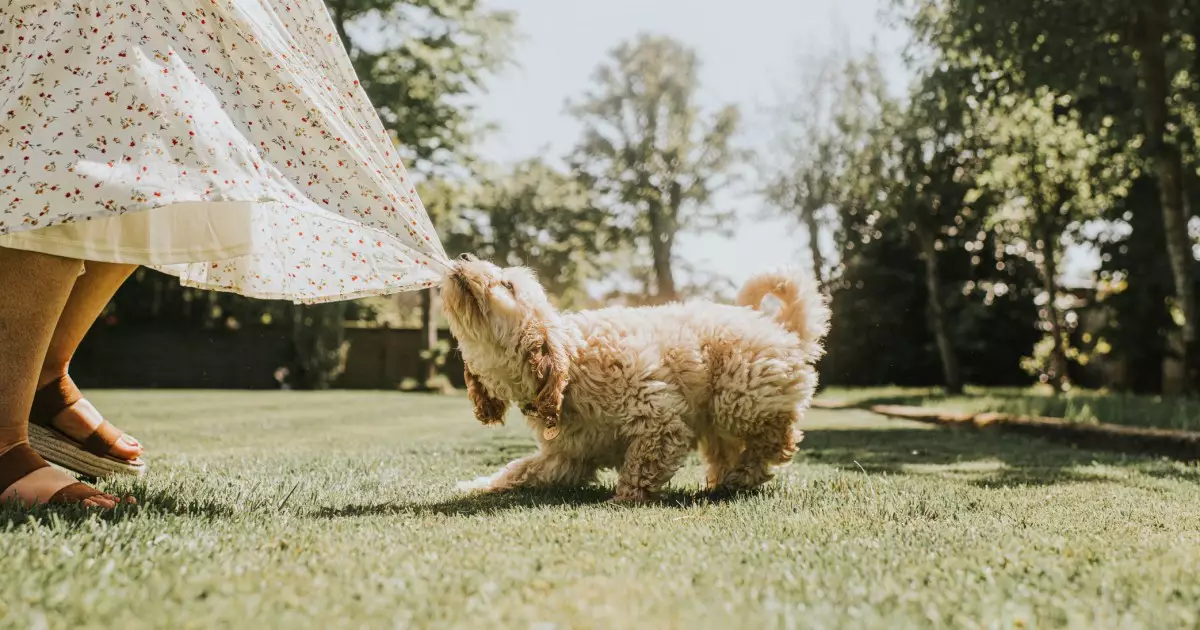Bringing a new dog into your home can elicit a whirlwind of emotions, ranging from excitement to anxiety. For first-time dog owners, this journey often feels daunting as they grapple with an array of challenges that come with the territory of pet parenting. However, understanding these obstacles can equip you with the tools needed to ease your transition into this fulfilling role. Let’s peel back the layers of common new dog struggles and explore effective strategies to foster a harmonious home environment for both you and your furry friend.
Dogs are inherently social creatures, and relocating to a new environment can trigger feelings of insecurity in your pup. The sense of solitude in unfamiliar surroundings can lead to anxiety, affecting their behavior and well-being. It’s essential to address this insecurity head-on.
One effective strategy is to take a few days off work, if possible, to spend quality time with your new companion. This initial bonding period is critical for establishing trust. Incorporate structured routines that emphasize walk-eat-play cycles, offering stability amidst the upheaval. Gradually extend your absences to help them acclimate to being alone, starting with brief separations followed by warm reunions filled with affection and treats.
A common response to stress in dogs is gastrointestinal upset, which may manifest as vomiting or diarrhea. This type of reaction can be rooted in anxiety or induced by sudden dietary changes. Being proactive in identifying potential health risks is imperative during the early days at home.
Ensure a safe space for your dog by eliminating access to toxic substances, and familiarize yourself with foods that are harmful to canines. Introduce new foods gradually, ideally starting with what your pup is already accustomed to, before making any significant changes. If symptoms persist or worsen, a vet visit should be on your agenda to rule out underlying conditions.
Creating a Comfortable Sleeping Environment
Amid the tumult of a new home, your dog may display signs of fear and sleep disturbances. To alleviate these anxieties, consider allowing your furry friend to sleep close to you—perhaps beside your bed or within your bedroom. This proximity fosters a sense of security, as they can sense your presence and relax into sleep.
Providing a dedicated sleeping area, whether a crate or a cozy bed, can also help. Make sure their sleeping space is comfortable and free of disturbances. Regular exercise will further contribute to better sleep, as a tired dog is less likely to engage in restless nighttime antics.
Nervousness or teething might induce a newfound enthusiasm for chewing that can wreak havoc on your belongings. This can be particularly frustrating as a new pet owner, and it’s important to redirect this energetic behavior productively.
Equip your dog with an assortment of appropriate chew toys and establish designated play spaces to minimize their access to household items that are not dog-approved. Close off rooms that may tempt them toward destructive chewing behaviors. If compulsive chewing becomes an issue, consider consulting with a professional trainer to develop a tailored approach to manage and correct these tendencies.
As your dog settles into their new life, recognizing that they may not yet view your home as their own is vital. Building this connection requires intentional efforts from you as the owner. Always utilize a leash when venturing outdoors and avoid off-leash parks until your dog has fully adjusted.
Secure your yard properly to prevent any potential escapes, as an unchained dog can sometimes prioritize adventure over safety. Microchipping and ensuring your dog wears identification tags at all times are essential steps to safeguard your pet’s well-being.
Embracing the New Lifestyle
Transitioning into pet parenthood comes with its share of responsibilities, and it’s natural to feel overwhelmed at first. Doubts may surface, particularly if your dog exhibits anxiety when left alone or reacts fearfully to the household environment.
Remain patient throughout this adjustment period—over time, the initial challenges will begin to diminish, and your bond with your dog will grow stronger. Before you know it, you’ll find joy in the routines and companionship that your once-dog-deprived life lacked. So allow yourself to embrace the journey, as the rewards of dog ownership are immeasurable and only become richer with time.

